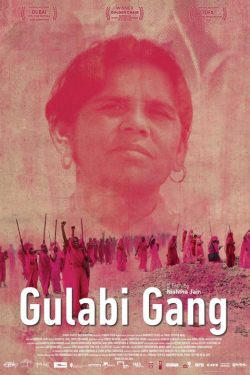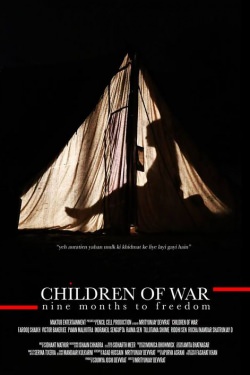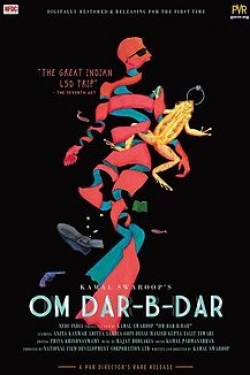Top Rated Films
Uday Bhatia's Film Reviews
-
For two hours, Shaandaar strains to entertain, throwing everything from animation to skydiving at the audience. Then, with around 20 minutes to go, Bahl seems to let go of the reins and everything careens out of control. The film ends on such a vague and uninspiring note, it feels like the director himself gave up on it.
-
Crimson Peak is a strange mix of gothic romance, horror film and, in its frenetic last moments, giallo. It’s yet another advertisement for Guillermo Del Toro’s supreme visual imagination, something that’s informed all his films…Yet, too often, one gets the feeling of being haunted not by ghosts but by tropes.
-
Though Ethan and Joel Coen brothers are screenwriters here, along with Matt Charman, this is an extremely Spielbergian film. He’s still the most fluent of directors—you could teach a class on scene transitions with the dozen or so examples this film provides.
-
Unlike Gravity, which was at its best a unique sensory experience, The Martian rarely tries to overwhelm us with scale or spectacle. Instead—and this might sound weird—Scott’s film is mainly a wry comedy, one which smoothly transfers the castaway narrative to outer space.
-
It’s left to Hathaway to rescue what she can. Her Jules is by turns brittle, warm, self-possessed, vulnerable and impulsive, and Hathaway conveys all this without making her performance seem like an acting class. Few actors today can cry like she does on screen; even fewer can transform material like this into something halfway resonant.
-
For a gangster film, Black Mass isn’t terribly exciting: It lacks the cheerful invective of The Departed or the masterful set pieces of The Town. Cooper directs with few flourishes, but he has a talent for atmosphere and for letting the tension in a room build. He never allows us to lose sight of how dangerous and unromantic a figure Bulger is, and how in awe of him Connolly remained.
-
…the plot goes nowhere and the camera goes everywhere—there’s a tracking shot or an unusual angle in almost every scene, giving the impression that Quadri is straining for effect. There’s also little of the sociological and historical context that underpinned the equally violent and jocular Wasseypur. Still, there’s just enough here to suggest that Quadri has a future as a screenwriter. Direction, though, may require a little work.
-
If Katti Batti didn’t go spectacularly off the rails, the worst thing one could say about it was that it bears an unacknowledged debt to Marc Webb’s (500) Days of Summer.
-
Ghai may no longer be relevant to today’s film-making scene, but there was one thing he was undeniably good at—spotting talent in young actors and taking a chance on them. It’s what made the original Hero and so many of his other films exciting for audiences at the time. Modern-day Bollywood, packed to the gills with star sons and daughters, may have to adopt some of his pioneer spirit if it wants a fresh set of idols to replace the Khans.
-
If Welcome Back’s crimes against the ear are unforgivable, almost as grave are its sins against the eye. If there’s a tackier-looking film than this made in the country in the last five years, I’m yet to see it.

























